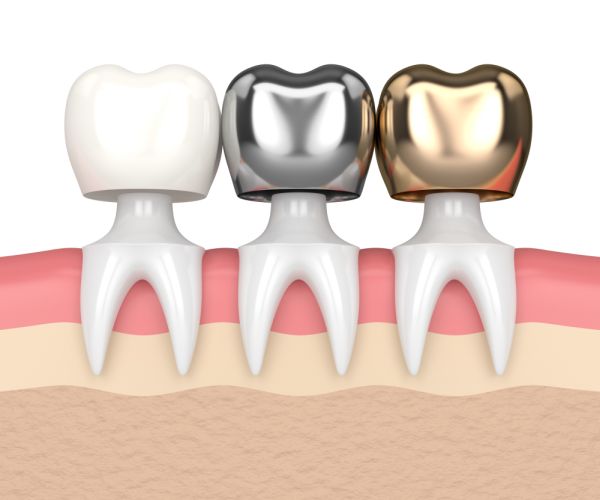Most portion of our body consists of liquids. We will feel dizzy if we do not drink the required drinks. Whenever you think of making a diet plan, you have to consider the selection of beverages. Without the liquids, you cannot put together a healthy diet plan. Most of the time, when it comes to liquids, people assume that consuming only water is sufficient for your body. But it is not true at all. Many healthy drinks can energize our bodies.
There is no doubt that water has no competition. But drinking only water can become boring quickly. You have to consume some delicious liquids. There are many beverages you can see inside the glass door fridge at any supermarket. Know that not all drinks you see are healthy and beneficial for your body. An average body needs to consume at least two liters of liquids. Now imagine having to drink liters of water.
Our bodies need more water than food. It is the sole reason we need to back up some tasteful drinks. This way, we will not get bored of drinking the same water every day. It is better to know which drinks can benefit your body. In addition to that, they are harmful. You are on the right page if you struggle to find yourself some delicious liquids. In the below guide, we are jotting down some nutritious fluids that you have to try. Read the below points to know what you need in your fridge.
- Fat-free milk:
The first suggestion in the list of ready-to-drink beverages is fat-free milk. There is no doubt that taking milk is one of the healthiest habits. It would not be incorrect to say that consuming milk is like taking an entire meal. Milk contains carbohydrates and protein that give the dose of energy to your body. You can get fat-free milk if you are conscious regarding your health. This fat-free milk is rich in calcium and vitamin D. It is a must to confirm that you do not have any allergies to milk. Milk is an excellent source of different nutrients that your body requires. In addition to fat-free milk, you can also consume coconut, soy, dairy, or almond milk.
- Sparkling water:
Do you want to get a little fizz without the artificial flavors and sweeteners? If yes, then the answer to your problem is sparkling water. Sparkling water will give you the same taste and buzz without the artificial flavors. Sparkling water does not contain any sodium, soda, or sugar. The benefit of drinking sparkling water is that it improves digestion and helps constipation.
- Coconut water:
The third option you have is coconut water. The advantage of drinking coconut water is that it can help you feel full. It will also help in your digestion. Know that drinking coconut water will give you clear skin. It is a healthy substitute for simple water. Coconut water is high in potassium. Coconut water is also beneficial for all of us who are losing weight.
- Smoothies
How can we forget to include smoothies while listing down the healthy beverages? Smoothies are no less than a whole meal. The benefits of consuming smoothies are countless. It is a must-have to include a smoothie that no matter what your weight goal is, you can drink smoothies. You can get ready-made smoothies from any café or supermarket.
- Fresh fruit drinks:
The last suggestion we have is fresh juices. There is nothing better than a dose of fruits in your daily diet plan. Fresh fruits make you feel fresh and energized for a long time. Know that there are many brands of beverages. All of them can give you a healthy dose of fresh juices.









